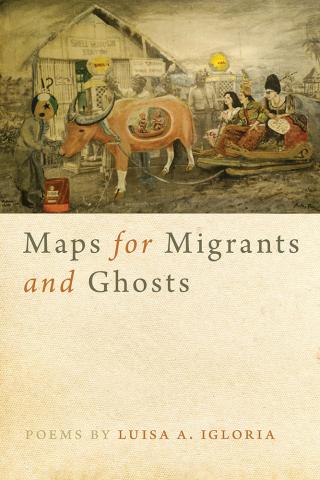By Rory Mir/The Electronic Frontier Foundation
The sudden move to remote education by universities this year has forced the inevitable: the move to an online education. While most universities won’t be fully remote, having course materials online was already becoming the norm before the COVID-19 pandemic, and this year it has become mandatory for millions of educators and students. As academia recovers from this crisis, and hopefully prepares for the next one, the choices we make will send us down one of two paths. We can move towards a future of online education which replicates the artificial scarcity of traditional publishing, or take a path which fosters an abundance of free materials by embracing the principles of open access and open education.
The well-worn, hefty, out-of-date textbook you may have bought some years ago was likely obsolete the moment you had a reliable computer and an internet connection. Traditional textbook publishers already know this, and tout that they have embraced the digital era and have e-books and e-rentals available – sometimes even at a discount. Despite some state laws discouraging the practice, publishers try to bundle their digital textbooks into “online learning systems,” often at the expense of the student. However, the costs and time needed to copy and send thousands of the digital textbooks themselves is trivial compared to their physical equivalent.
Posted on October 30, 2020



